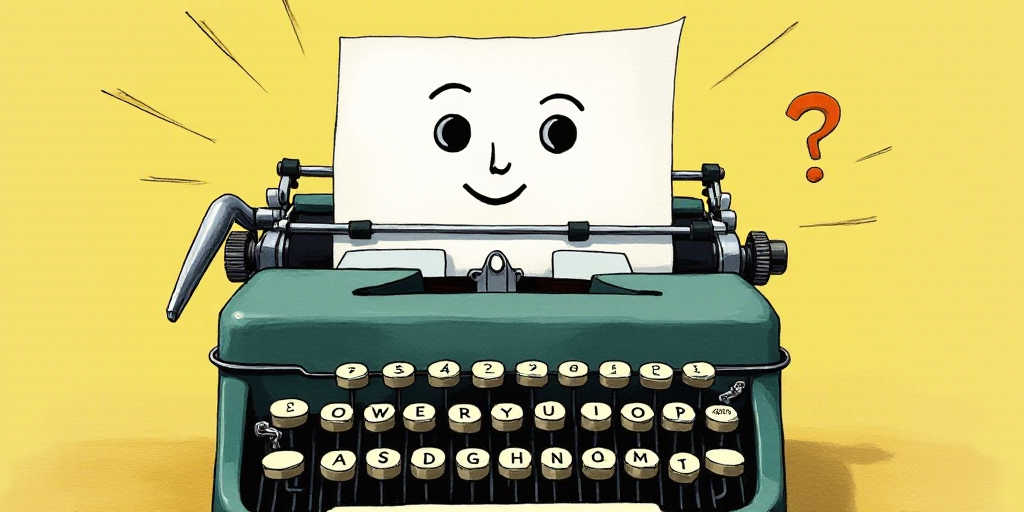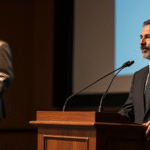Introduction
The United Nations (UN) marks its 80th anniversary amidst a complex and challenging period for multilateral organizations. Ideological polarization has led some leaders to prioritize power accumulation, showing reluctance towards multilateral decision-making within their jurisdiction.
The Deterioration of Support for the UN
Several heads of state have distanced themselves from international law, human rights, and democracy during their speeches at the UN General Assembly. Their rhetoric about destroying the UN is both alarming and indifferent.
Alarming Indifference
The UN is irreplaceable, especially in neglected areas driven by political greed and remote, impoverished regions where the UN is the only presence. Leaders’ lack of empathy and their belief in superiority based on industrial development and financial strength allow them to trample over less favored nations.
The Need for Democratic Leaders to Unite
Democratic leaders who respect international law and human rights must unite to defend the UN against short-sighted strategies and personal ambition.
Mexico’s Stance at the UN
On behalf of President Claudia Sheinbaum, Mexico’s Secretary of Foreign Affairs, Juan Ramón de la Fuente, presented a speech at the UN General Assembly, emphasizing the importance of reaffirming international law and human rights.
Calls for an Immediate Ceasefire
De la Fuente urged an immediate end to conflicts, such as those in Gaza and Ukraine, advocating for negotiated solutions involving all parties concerned.
The Importance of the UN in a Fragmented World
Without the UN, the world would revert to a more bellicose past governed by the law of the strongest, leaving millions in uncertainty.
Shifting Global Alliances
Many presidents are breaking away from past alliances that once symbolized collective progress. The European Union stands as a resilient bloc against the demands of former allies.
Conclusion: The Necessity for UN Reform
To ensure its survival, the UN must undergo reform to adapt to contemporary challenges and maintain global cooperation.
Key Questions and Answers
- Q: Why is the UN at a crossroads? A: Ideological polarization and leaders’ prioritization of power have led to a decline in support for the UN, threatening multilateral cooperation.
- Q: How do leaders’ actions impact the UN? A: Some leaders’ disregard for international law, human rights, and democracy has created a challenging environment for the UN, requiring reform to survive.
- Q: What is Mexico’s stance on the UN? A: Mexico, represented by Secretary Juan Ramón de la Fuente, advocates for upholding international law and human rights, urging an immediate ceasefire in ongoing conflicts.
- Q: Why is the UN crucial in today’s world? A: The UN plays a vital role in maintaining global peace and cooperation, preventing a return to a more bellicose past without its presence.
- Q: How are global alliances changing? A: Many presidents are distancing themselves from past alliances, while blocs like the European Union resist demands from former partners, necessitating adaptation and reform within international organizations.






